In these delightful and playful talks, available for the first time in one volume, Osho introduces the mystery, the wonder, and the emptiness that in Zen. He uses the poetry of one of the most outrageous Zen masters, lkkyu, to show the ways and methods a Zen master uses to permanently transform, rather than simply inform.
Osho and lkkyu’s whole message is about how to experience the essence of emptiness: that blissful state of no-mind where all old conditionings are gone and man is free just to be himself. As Osho speaks of lkkyu, and answers people’s questions, he is also speaking of himself. As he speaks of whom lkkyu is, he reveals more about himself.
This book can change the life of anyone who reads it with an open mind. Osho words are a fire that burns away old enslaving concepts, setting man free from the fears that have constricted his life. He gives the reader a fresh, new understanding of himself, and shows him the way to light his own path.
Osho in a category all of his own, and as he states: “I am nobody, I don’t belong to any nation, I don’t belong to any religion, I don’t belong to any political party. I am simply an individual, the way existence created me. I have kept myself absolutely uninfluenced by any idiotic ideology- religious, political, social, and financial. And the miracle is that because I am not burdened with all these glasses on my eyes, and curtains before me, I can see clearly.
These words of lkkyu describe the Buddhist approach profoundly. Listen to lkkyu’s song. Accept this emptiness and the fear of death will disappear like a month. When you find the flame of love burning bright-be a month!.

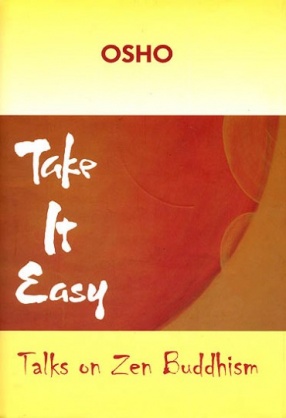
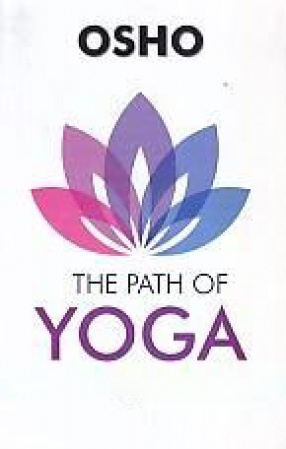
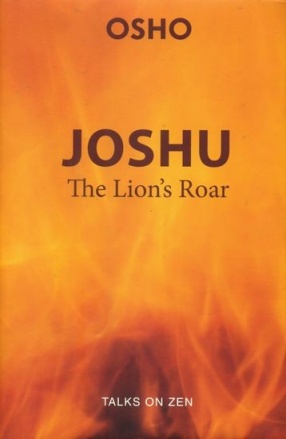
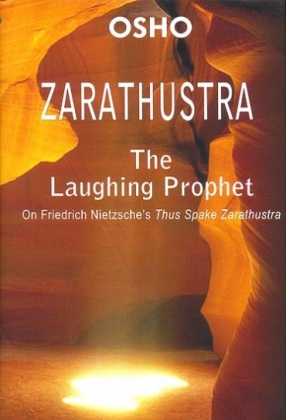

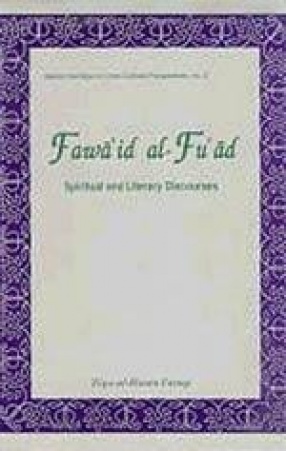
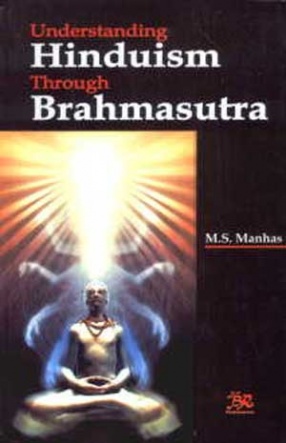
There are no reviews yet.